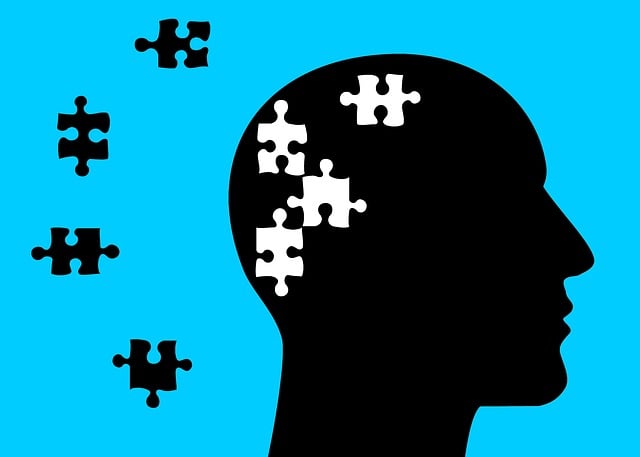How Poor Mental Health Can Lead to Addiction: A Path to Overcoming Challenges and Embracing Hope
The Link Between Poor Mental Health and Addiction
Mental health plays a crucial role in shaping our overall well-being. As a result, poor mental health can lead to addiction. Unfortunately, when mental health suffers, many people resort to harmful coping mechanisms, such as addiction. This blog post aims to shed light on the relationship between poor mental health and addiction, while also providing inspiration and guidance for those on the path to recovery.
The Connection Between Mental Health and Addiction
Research has established a strong correlation between mental health disorders and addiction. Many individuals who struggle with conditions such as anxiety, depression, post-traumatic stress disorder (PTSD), or bipolar disorder often turn to substances or behaviors to cope with their emotional pain. The temporary relief provided by addictive substances can lead to a dangerous cycle that further deteriorates mental well-being.
The Vicious Cycle: The Link Between Mental Illness and Addiction
Poor mental health can trigger feelings of isolation, hopelessness, and despair. In an attempt to escape these overwhelming emotions, it’s not uncommon for teens and adults to turn to drugs or alcohol in an effort to temporarily alleviate their pain.
However, drugs and alcohol alter brain chemistry and actually exacerbate existing mental health conditions, intensify negative emotions, and lead to a self-destructive loop of behavior. The cycle of addiction and poor mental health is dangerous. Addiction can lead to negative consequences, including physical symptoms, job loss, risk of overdose and death, damaged relationships, and arrest, and more. Poor mental health puts patients at risk for self-harm, isolation, hopelessness, and despair. To prevent this dangerous cycle, we must destigmatize mental health disorders and encourage teens and adults to reach out for help.
Dual Diagnosis Treatment in Mental Health and Addiction
Commonly, addicts struggle with co-occurring mental health disorders. This condition, known as dual diagnosis, requires a comprehensive treatment approach that addresses conditions simultaneously. At Breakthrough Recovery Outreach, we treat underlying mental health conditions and addiction at the same time. This treatment approach includes individual counseling, family counseling, and attendance at twelve step meetings, such as AA or NA.
According to an article from PubMed, the dual diagnosis approach to recovery may improve outcomes. No two addicts are the same; treating every patient uniquely is an impactful approach that addresses the whole person. Dual diagnosis treatment helps improve mental health and offers the tools needed to remain abstinent from drugs and alcohol. It is an effective and potentially life-saving treatment for patients suffering addiction and a co-occurring mental health condition.
Common Signs Associated with Mental Illness
Knowledge is power. We know that poor mental health can lead to addiction. To prevent that, we must be on the lookout for danger signs of associated with mental illnesses and addiction.
Signs of Mental Illness
- Feelings of sadness, hopelessness, or lonliness
- Frequent mood swings
- Avoiding social interactions with friends and family
- Changes in appetite or weight
- Sleep disturbances, (either insomnia or excessive sleeping)
- Anxiety
- Changes in behavior or personality
- Thoughts of self-harm or suicide
Finding Hope: Overcoming Addiction and Restoring Mental Health
Mental illness and addiction both seem like difficult conditions to live with and overcome, but don’t be discouraged! Most people entering treatment for addiction have a dual diagnosis. With proper medication, therapy, and a support system to help you maintain your sobriety, a whole new life awaits.
If you or a loved one is suffering from a mental illness or if you’re worried that their mental illness is contributing to their addiction, please contact us. We offer residential treatment programs for teens and adults, and we offer virtual counseling to patients who can’t be on site with us.




